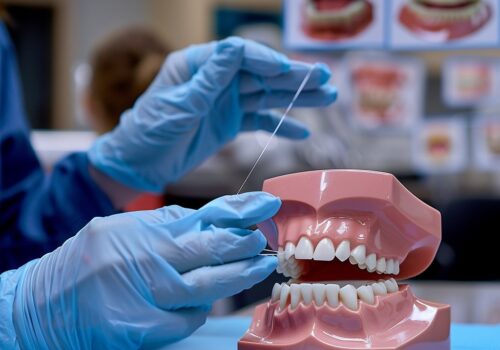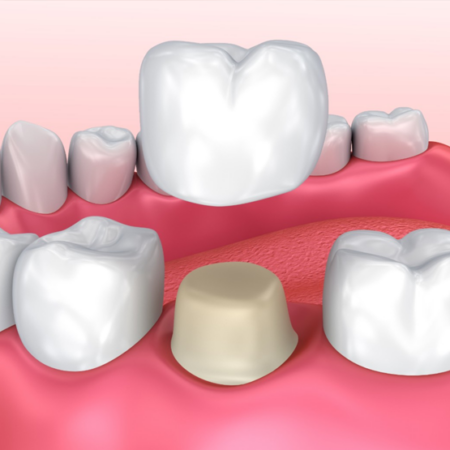Root Canals: Common Signs That You Might Need to Visit Your Dentist

The term “root canal” can invoke a bit of anxiety for most people. But do you know exactly what a root canal is and why someone might need one? Learning the basics about this procedure and the scenarios when root canals are needed can help alleviate your stress before heading to the dentist’s office.
What is a Root Canal?
A root canal is a dental procedure often used as a last resort to save a tooth that’s severely damaged, decayed, or abscessed. It’s an endodontic treatment, which involves the inner tissues of the teeth — also known as the pulp, nerve, and root.
Instead of extracting the tooth, an endodontist — a dentist specializing in endodontic treatments such as root canals — will remove bacteria and decay from the inner tissues, disinfect the area with antibiotics, and fill and seal the hollow chamber to prevent new decay.
Local anesthesia and modern endodontic techniques help keep pain to a minimum. After the root canal, you can expect to feel some mild to moderate soreness in the area.
Depending on which tooth is infected, the process and cost will vary. Front teeth tend to be cheaper because the procedure is simple, while back teeth generally cost more because they’re harder to access and have more roots than front teeth.
A root canal procedure helps preserve and save your natural tooth, making your tooth more fragile. In most cases, you’ll likely need a dental crown as well to protect your tooth further.
6 Common Signs That Can Mean You Need a Root Canal
So when do you need a root canal? A dental visit is the only way to confirm that a root canal is the best option. However, you can watch out for common signs, which include:
1. Severe Pain
Not all types of tooth pain indicate a need for a root canal. However, a strong, persistent pain that gets worse whenever you’re eating or biting down is a major sign that you should make a dental appointment as soon as possible. Tooth pain rarely goes away on its own, so an early diagnosis from your dentist can usually lead to a better outcome.
2. Discoloration
While some tooth discoloration is common and can be remedied with teeth whitening, it can also be a sign of tooth decay. If you start to notice your teeth or gums turning gray or black, see your dentist right away.
3. A Cavity or Cracked/Chipped Tooth
A root canal is often needed if a cavity goes untreated. Tooth decay can spread to your tooth’s inner tissues, so it’s important to always get your cavities filled to prevent something more serious like a root canal. Even a tiny chip or hairline fracture on your tooth can allow harmful bacteria to enter your tooth’s inner area and cause an infection.
4. Exceptional Sensitivity
If you’re experiencing sensitivity when biting down or consuming hot foods and drinks, you may want to visit a dentist to see if you need a root canal. Cold sensitivity can mean many different things that often end up being minor. However, when you have a tooth that’s not responding well to heat, that can be an instant red flag.
5. Swollen or Tender Gums
Swollen gums near the infected tooth can indicate you may need a root canal. Your gums may also be tender and painful when you touch them — another red flag. These symptoms could indicate that tooth decay has spread to the gums from the tooth’s root.
6. Dental Abscess
A dental abscess is a buildup of pus caused by a bacterial infection. Abscesses can form on the gums, in the teeth, and around the root. If left untreated, they can cause pain, discomfort, and difficulty swallowing and breathing. Pus can also ooze from the abscess, which may give you bad breath and an unpleasant taste in your mouth.
Also read / What is Preventive Dentistry?
Final Thoughts on Root Canals

If you don’t get dental problems treated right away, they can become more serious and require a root canal. It’s always important to make routine dental appointments to ensure your oral health is in good condition and catch any potential problems before they get worse.














Leave a Reply